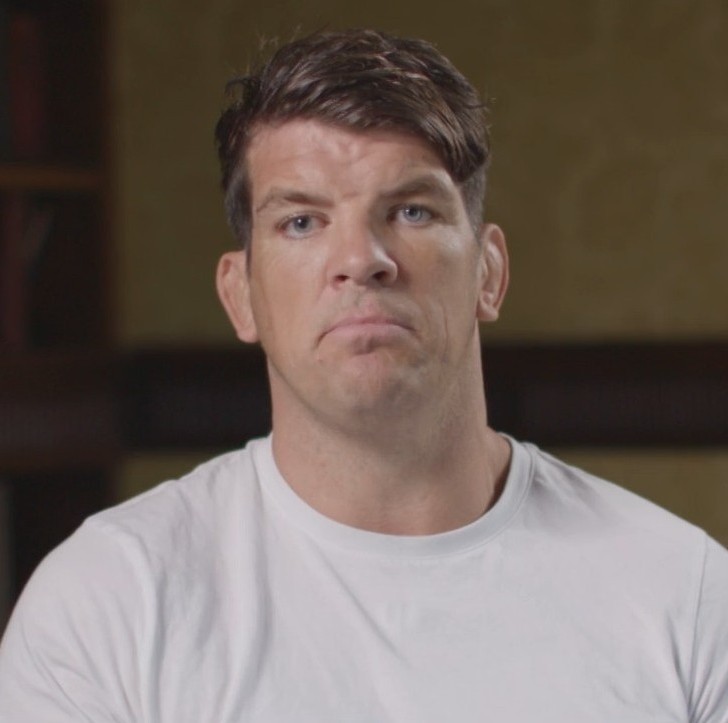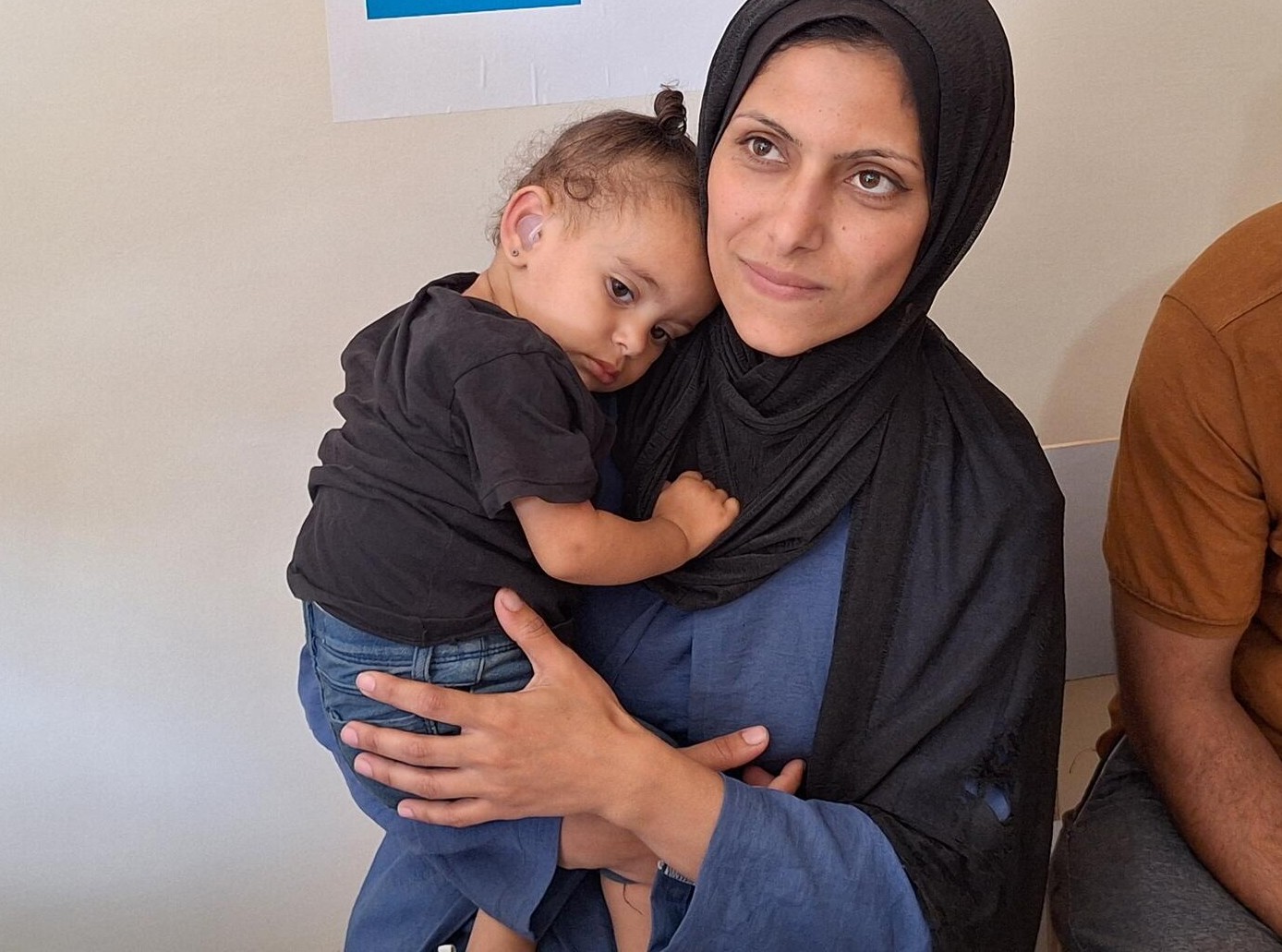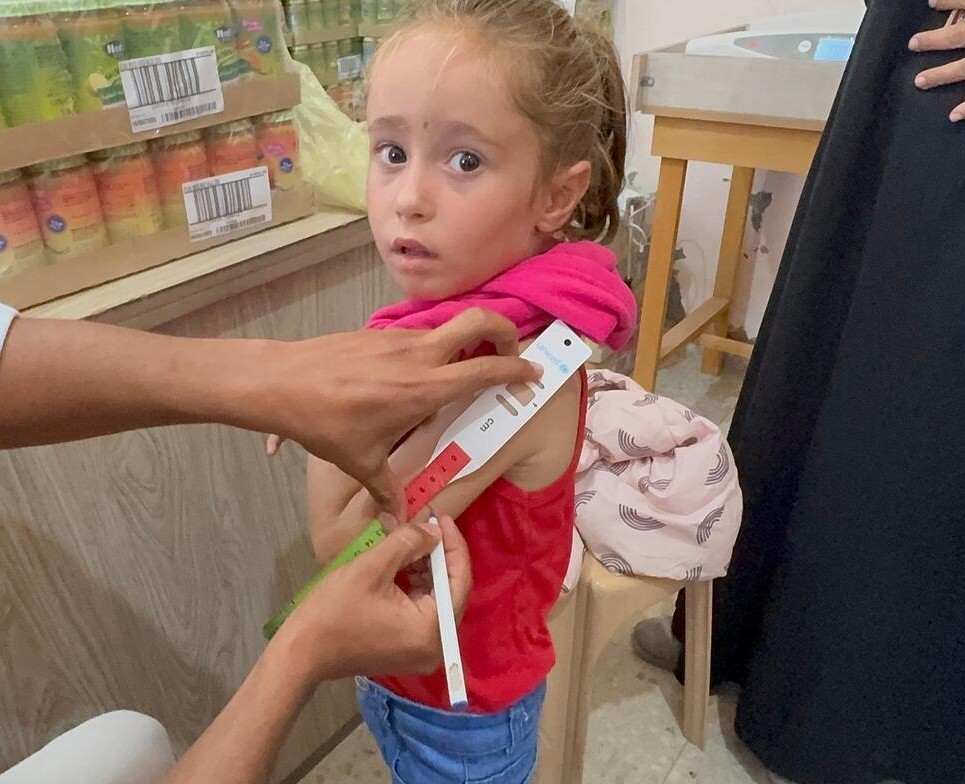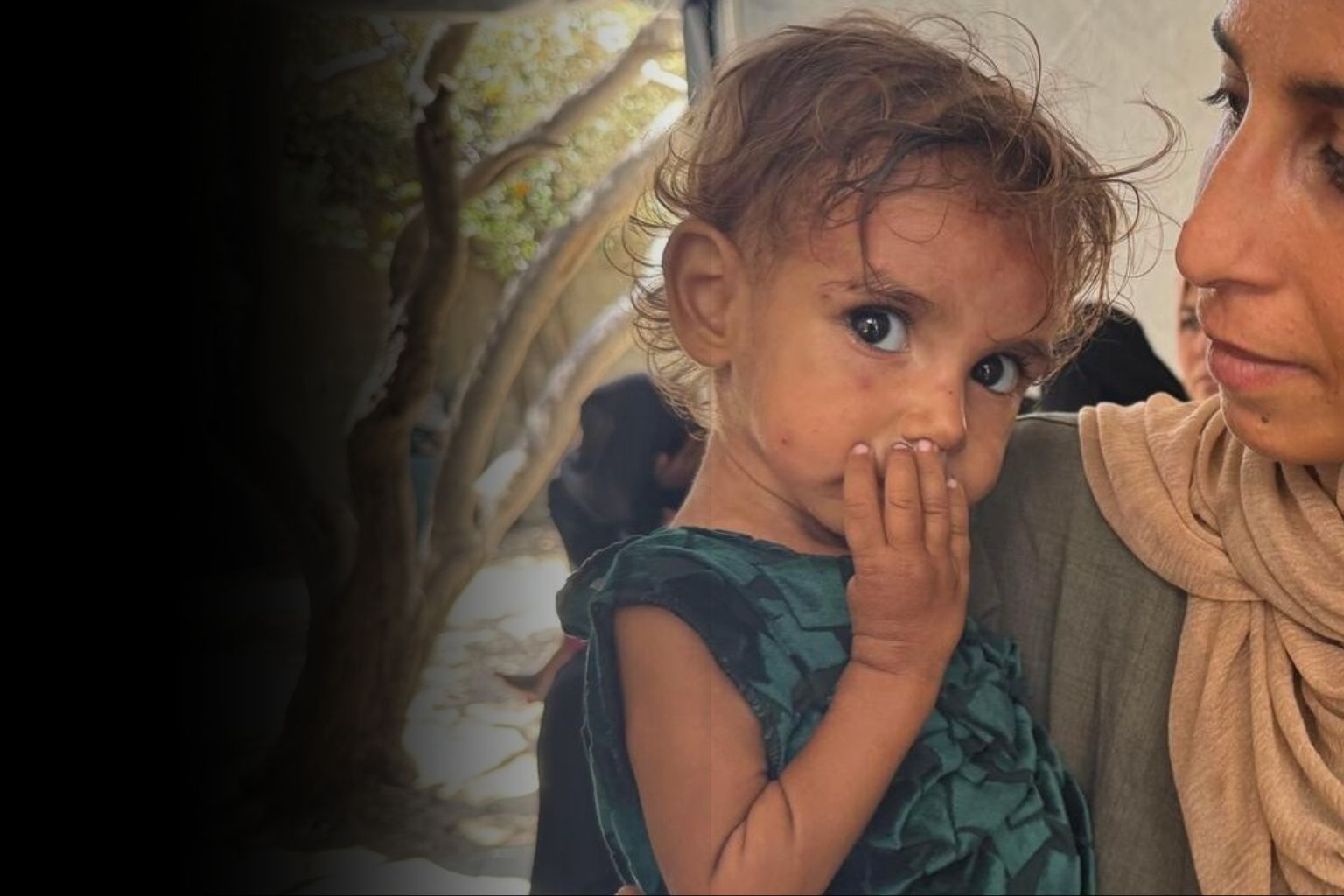
A message from Donncha O’Callaghan
When I read the below story about little Aziza, I hugged my kids closer. And I have to tell you – I sobbed for the children of Gaza.
Aziza’s story has been pulled together from the first-hand testimonies of parents and grandparents, doctors and nurses, as well as UNICEF staff on the ground. Every detail reflects the horrors being endured by the 12,800 children who are at risk from starvation right now.
And so while Aziza is not a real child, her story is every child’s story in Gaza. But just because we think we’ve heard the story many times before, it doesn’t mean we’re powerless to change how it ends. I know in my heart that incredible people like you can change the story for children in Gaza.
Please, read the story below and reflect on the real children in Gaza struggling to survive. We must not forget about them.
Donncha O’Callaghan is a UNICEF ambassador, presenter, author and former Ireland rugby player.
A tragic tale of childhood in Gaza
My name is Fatima, but that’s not important. All that matters is Aziza. My granddaughter was cut from her dead mother’s belly the day a bomb destroyed our home, killing our entire family.
I never got to say goodbye to my child. Instead, they handed me hers. I remember thinking how tiny she was, how precious. As I cradled her in my arms, she instinctively clutched my little finger, pulling it to her mouth for comfort. She was as light as a feather, but oh how heavily this little orphaned soul weighed upon my broken heart.
I named her Aziza, which means ‘precious’ in our language. From the very beginning I knew how fragile she was. The doctors told me she was small because she didn’t get enough food in the womb. They gave me some special milk for Aziza to take home with me. But home now was a dirty and crowded tent. There was no clean water and barely any food.

Mums in Gaza are holding their children close, desperately awaiting support.
The milk they gave me for Aziza soon ran out and when I went back to ask for more, they had none to give me. The months that followed were desperately hard. There were times when there was no food at all, and Aziza would wail long into the night. I couldn’t bear it.
When she said her first word, “Teta (granny)”, I should have wept for joy. Instead, my heart shattered as she looked at me with haunted eyes full of pain and fear. She didn’t understand. All she knew was hunger.
Before the war, I had never asked anyone for anything. Now I begged, I pleaded, I asked everyone I could to help me save Aziza. I’m ashamed to tell you, that I even resorted to searching through the stinking piles of rubbish outside our tents for any scrap of food I could give her, to stave off the hunger pains for a few more hours at least.
When doctors set up a clinic in one of the tents nearby, I took Aziza. They measured around her arm with a paper tape. They said the red reading meant Aziza was in danger.

Thousands of children like 4-year-old Nofal are malnourished.
This time they gave me a paste made from peanuts to feed her. And after just a few days she seemed so much better. She even began to smile. It was so wonderful to see.
Now I yearn for those days. I pray for Aziza to smile again. I long for her to wail. But Aziza is silent now. She barely moves. I can count every bone. Her body is covered in sores from the plastic bags I have to use for nappies. I have no cream to soothe them.
I don’t know how much longer my granddaughter has to live. I don’t fear death for myself, but I dread dying first and leaving Aziza all alone. When Aziza does cry, it’s barely a whimper. Every day I’m losing her a little bit more. There is no milk, no special paste. I have nothing to give her.
All I can do is whisper in her ear, “Hold on my little one, help is coming.”
You can change the story for children in Gaza.
You can make it a story of hope, resilience and recovery. You can send help to children today.


